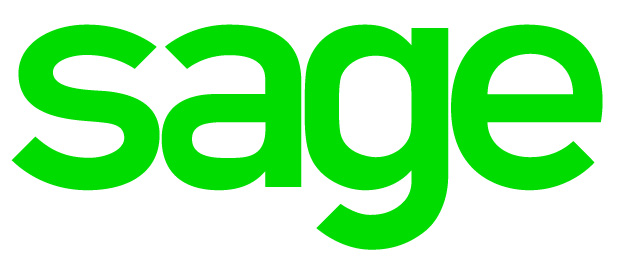The top rate of Income Tax is 45%?
Named the additional rate, the highest rate of Income Tax is 45%, and some might say 45% is high enough.
However, if the rate of tax is measured as the relationship between income and tax plus tax related penalties paid, there are times when this 45% can rise, to as much as 90%.
For example, if HMRC discovers that a taxpayer has been negligent in declaring all their income for tax purposes, they can charge a penalty. This can be as much as 100% of the tax due – effectively this doubles the rate of tax charged. And so, if you are paying tax on under-declared income at 45%, and if a 100% penalty is levied, the effective rate of tax charged is 90% of the income declared.
Whilst this may be an extreme example, consider taxpayers whose income exceeds £100,000. For the tax year 2018-19, for every £2 your income exceeds £100,000 you lose £1 of your tax personal allowance. This means that taxable income between £100,000 and £123,700 is taxed at an effective rate of 60%.
All is not what it seems.
Latest News
- Regulatory Changes Impacting UK Small Businesses - May 8, 2025
- HMRC interest rate increases - May 6, 2025
- R&D funding - May 6, 2025
- Child Benefit increases April 2025 - May 6, 2025
- Higher rate tax relief on pension contributions - May 6, 2025
- Less than a year before MTD for Income Tax starts - May 6, 2025
- Tax Diary May/June 2025 - May 6, 2025
- Spring 2025 Tax Reforms – What UK Small Businesses Need to Know - May 6, 2025






